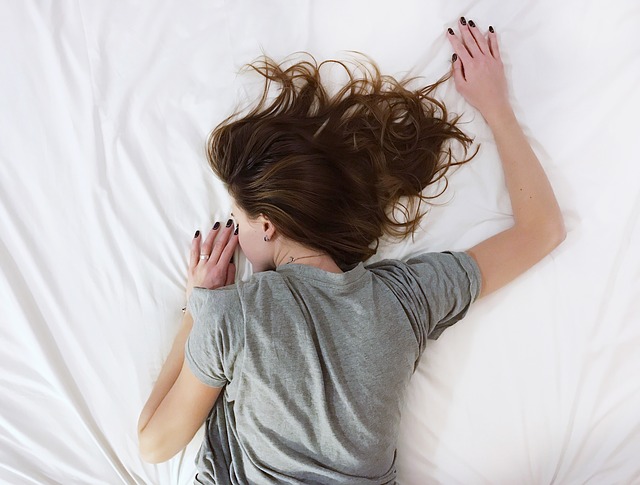There are many things in your day-to-day life that can have an impact on how quickly you recover from injuries, illness, and disease. For instance, many people know that sleep, in general, is essential to their health and wellness, but they don’t realize that the quality of sleep they get can help them to heal too, so they need an effective bedtime routine.
When you sleep, your body promotes new tissue development, wards off infection, and more. It’s not just the amount of sleep that makes a difference, though. It’s the kind of sleep you get.
If you want to unlock the healing powers of sleep, then you’ll need to create an effective bedtime routine that’s conducive to restful sleep. Here are a few tips you can follow to get started.
1. Create A Relaxation Ritual
First, many of us aren’t aware of just how stressed or anxious we are until we attempt to fall asleep at night. If you go to bed and suddenly find yourself thinking about countless worrisome thoughts about your family, relationships, or job, you’re not alone.
However, you do need to find a way to reduce your anxiety. For instance, some people benefit from having a hot bath before bed. It soothes their muscles and gives them a chance to sort through their thoughts in silence.
Other people will benefit from using some guided meditation videos to get their bodies relaxed and ready for sleep. Remember to avoid your smartphone too. Blue light can trigger a response in your brain that creates extra stress hormones called cortisol.
2. Create Your Sleep Sanctuary
Part of having an effective sleep routine is making sure that you’re going to bed in a relaxing environment each night. We’ve already mentioned the value of taking phones and other digital devices out of your bedroom.
However, think about other ways that you can make your sleeping area into a more comforting space too. For instance, you don’t want any distractions to wake you when you’re trying to enjoy some healing sleep.
Create a room that’s dark and quiet by having blackout curtains and white noise machines that help to eliminate outdoor disturbances.
You could also think about removing any clutter from your room that might make you feel nervous or overwhelmed. Keep in mind that your sleep sanctuary needs to be cool too. Keep the thermostat low and choose breathable bedding.
3. Stay Away From Stimulants
Finally, the things that you put into your body can have a serious impact on how well you can sleep each night. In the world of sleep, stimulants aren’t restricted to coffee and alcohol.
You should definitely avoid alcohol and caffeine, but you’ll need to consider the other things that might wake you up too.
For instance, it’s not a good idea to go to bed when you’re feeling either hungry or full, as both can make it difficult for you to get to sleep. You should also try to avoid drinking too many liquids in the evening as you might need to go to the bathroom in the middle of the night.
Cut nicotine and sugar out of your diet – at least during the evening. Focus only on filling your body with light, nutritious snacks.
Sticking To Your Sleep Schedule
Once you find a effective bedtime routine that’s suitable for your needs, make sure that you stick to it. Fall asleep and get up at the same time each day – even during holidays and weekends. The stricter you are with yourself, the easier it will be to get into a routine that you can stick with.
You can find much more information on living a holistic lifestyle in these free magazines and on our YouTube channel.
Bio
Emily Melynn Alexander was born on the east coast of the USA but has called Colorado home since 2000. She has a degree in English and Political Science from Metropolitan State University of Denver. She loves two things – sleep and travel. When she is not busy writing for sleep.report, she treks and snoozes in different locations all around the world.






